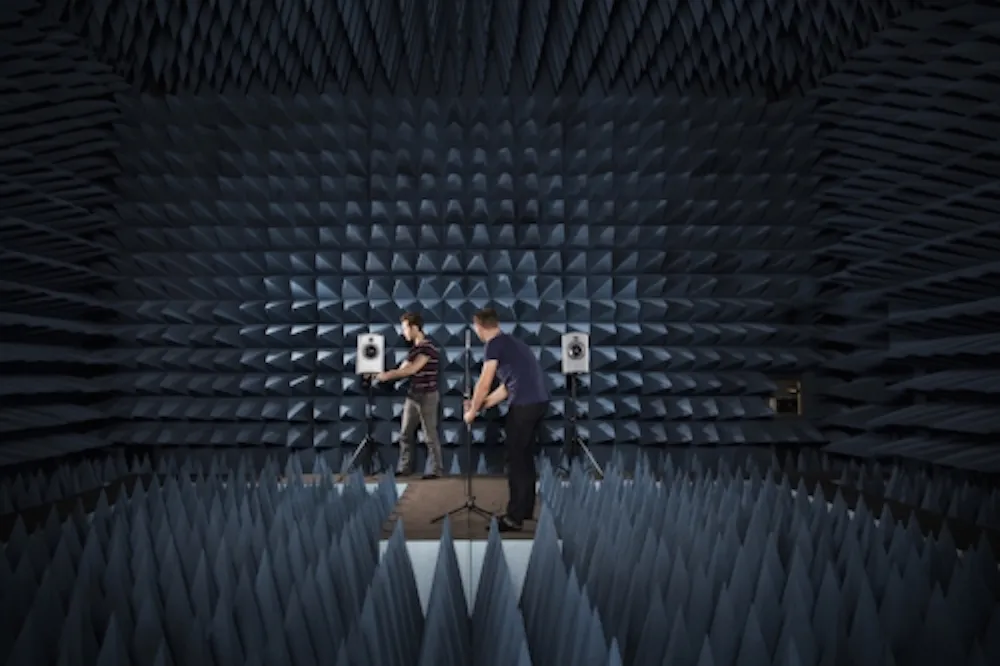Today, Swedish audio optimization company Dirac Research is announcing a $4.8 million round of fundraising. According to an official release, the funds were sourced from Henrik Didner, co-founder of the fund management company Didner & Gerge; Rami Yacoub, acclaimed music producer for Britney Spears, One Direction, Backstreet Boys, and others; Staffan Persson, CEO of Swedia Capital; and China’s AAC Technologies.
Dirac describes itself as “a world-renowned audio technology company on a mission to invent the future of sound.”
In order to accomplish this goal, the company recently unveiled a new project at CES 2017. It’s called Dirac VR — an audio optimization solution that Dirac claims will create such realistic sounds that “you’ll no longer notice you’re wearing a headset.”
Dirac VR utilizes finely tuned HRTFs (head-related transfer functions). These functions take into account the isolated movements of the head in relation to the torso. According to Dirac, HRTFs are the future for creating realistic soundscapes in virtual reality:
If a phone rings to your left, the sound waves enter your left ear a fraction of a second before your right, then bounce off your shoulders and head in various ways, allowing your brain to localize the sound and instinctively rotate your head to face the source. This is reality. Yet, prior to the development of dynamic HRTFs, it couldn’t be correctly reproduced virtually. Previous solutions assume that the head and the torso rotate in tandem. Such failure to accurately reproduce dynamic head movements in virtual reality is one of the reasons why existing positional sound solutions don’t sound quite realistic.
VR and AR will be a cornerstone focus for the company following the new round of investment. According to Dirac:
The capital investment will be used to accelerate Dirac’s expansion into new markets such as virtual and augment reality, strengthen their position as the global leader in mobile audio optimization technology, and to further develop their management and engineering teams.
Dirac’s software has already won praise for increasing the fidelity of smartphone audio and now time will tell if a new focus, and almost 5 million extra dollars, can let the company similarly improve the way we hear in VR.



























